Stowe Boyd wrote (and I re-Tumbled) the big drop in US and Canadian Facebook traffic this week:
Most prominently, the United States lost nearly 6 million users, falling from 155.2 million at the start of May to 149.4 million at the end of it. This is the first time the country has lost users in the past year. Canada also fell significantly, by 1.52 million down to 16.6 million, although it has been fluctuating around that number for the past year. Meanwhile, the United Kingdom, Norway and Russia all posted losses of more than 100,000.
Stowe’s a lot more philosophical than me and puts this down to:
The moral of this story is that you can make a business out of simplifying what is chaotic and confusing, but only at the outset. As people become habituated to what at first was scary and headache-inducing, they will move away from controlled experience to more personally managed negotiation of the world.
I don’t think anyone will lose money betting against Facebook’s rise, since history has told us that no enterprise lasts forever. The question is only when. While Stowe makes the comparison with AOL, those of us outside the US can’t make the same connection. However, I have always drawn the comparison with Altavista, which, 12 years ago, was the number-one website in the world. Even we played a tiny part, licensing Lucire content to the Altavista Entertainment Zone.
The organizational point he makes is an excellent one, but I have always felt that Facebook would decline somewhere along the line due to its callous approach to privacy and its lack of transparency. Of course, we see things through our own constructs, and my bag has been about how modern brands are built through transparency and connecting to audiences. Stop doing that, and audiences might get tired.
So we come to the fatigue that sets in with consumers. It’s the only explanation I have for Quora, which experienced that wave of sign-ups in January. It reached the tipping point, but, honestly, have any of you who sent me an invitation a few months back returned? I haven’t, because I can’t see a point to it.
People flocked to it in case it was the next big thing, where their friends would ultimately wind up. We have a need to socialize as people, and if they are leaving Facebook in droves—and six million Americans qualify as droves—then where are they going?
Facebook has become a great place to campaign—as I found last year—but it is getting either more commercial or cause-oriented. My Facebook feed, for more than the last year, has been filled with the stuff that was once on Digg; and the most time I have spent on Facebook this year was over that blasted Wellywood sign, cataloguing the flip-flops of Wellington Airport’s “leadership”.
As a social tool, I wonder. Many years ago, I had my laptop open on my desk, solely on Facebook, while I worked away on my desktop machine. We have become used to it, we realize our networks are largely the same as they were pre-Facebook, and we might as well keep things off the site since we get concerned about privacy. With the change to the Facebook groups, we’ve been losing people—my old school group is in the one hundreds because I chose to start a new one for fear of Facebook deleting the old; the others were set to spam by default by Facebook, and lost more. Facebook itself is driving users away.
My last few social events were all organized on that wonderful medium called email, so for social things, it seems old-tech is the way to go.
Speaking of old-tech, the New Zealand Government says terrestrial TV will disappear from the lower North Island (te Ika a Maui still sounds better) on September 29, 2013. I found myself thinking, ‘Who cares?’
I am not on Freeview, and I do not have Sky. I can’t get one of the network on-demand services due to their antiquated geo-targeting (I forget which, since I have little reason to use it). I estimate I consume seven hours’ television programming a month—as a kid I would have managed that in two days. That means I listen to the wireless a lot more than I watch TV, something I have in common with a gentleman I know in his 70s. Keep trending these figures and by 2013 TV mightn’t even merit a mention on this blog.
Even if a Freeview box drops further in price, I would have to question why on earth I should spend money on something I do not use. I was, after all, one of those idiots who paid to have a 750 Mbyte Zip drive installed on a PC in 2002. In the words of President Bush (43), ‘Fool me—you can’t get fooled again.’
When I Tweeted that I did not care about the demise of TV, I had a number of people, on Twitter and Facebook, tell me they were in the same boat. Television, it seems, is a thing of the past. It should be little surprise, for the television networks themselves have been complicit in killing it, with increasingly poorer programming. If only the broadband internet here was not stuck in the early 2000s.



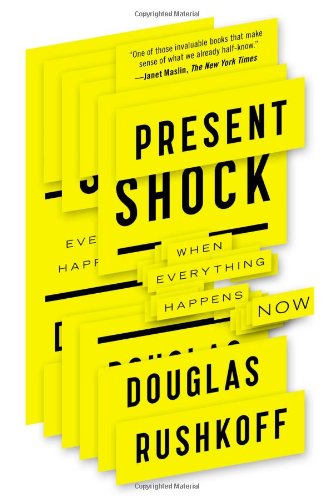
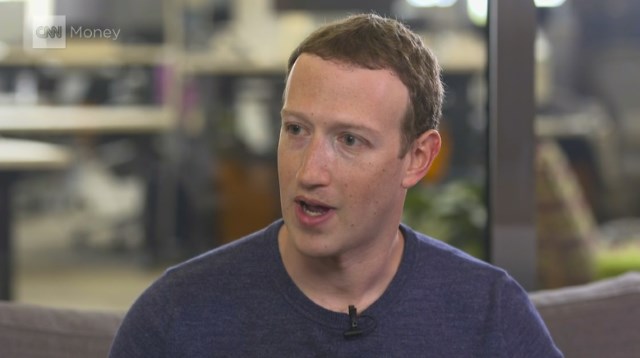
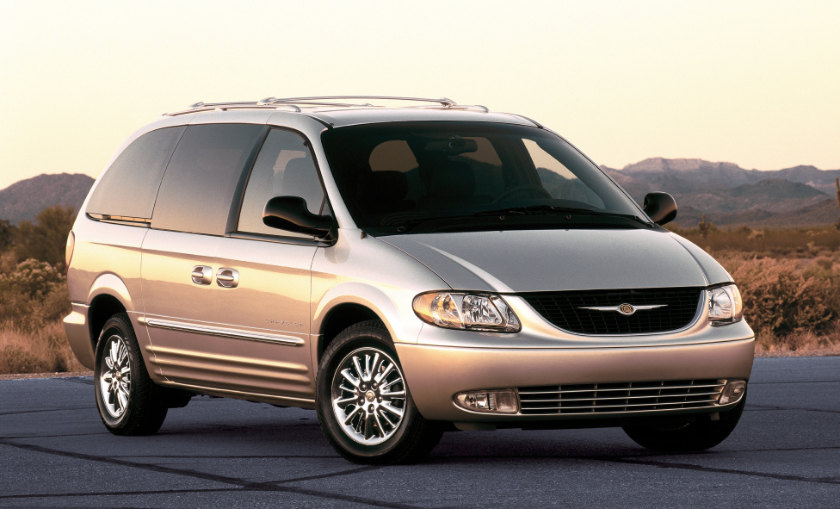
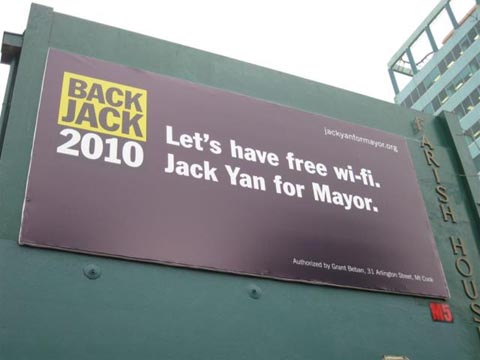
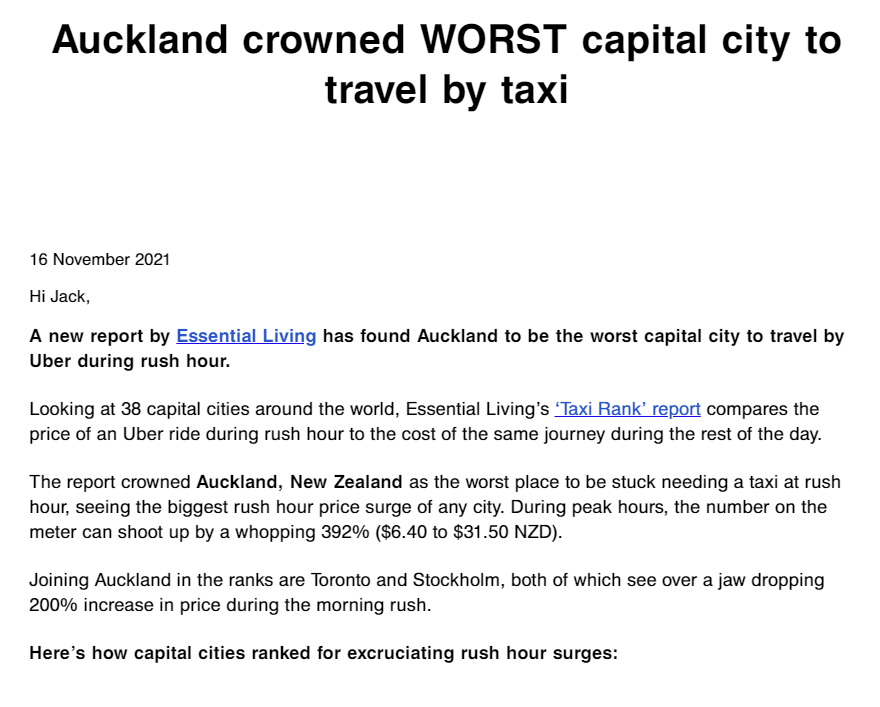
3 thoughts on “The land beyond Facebook”